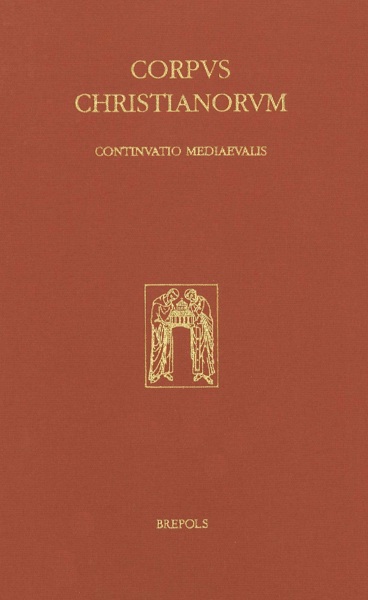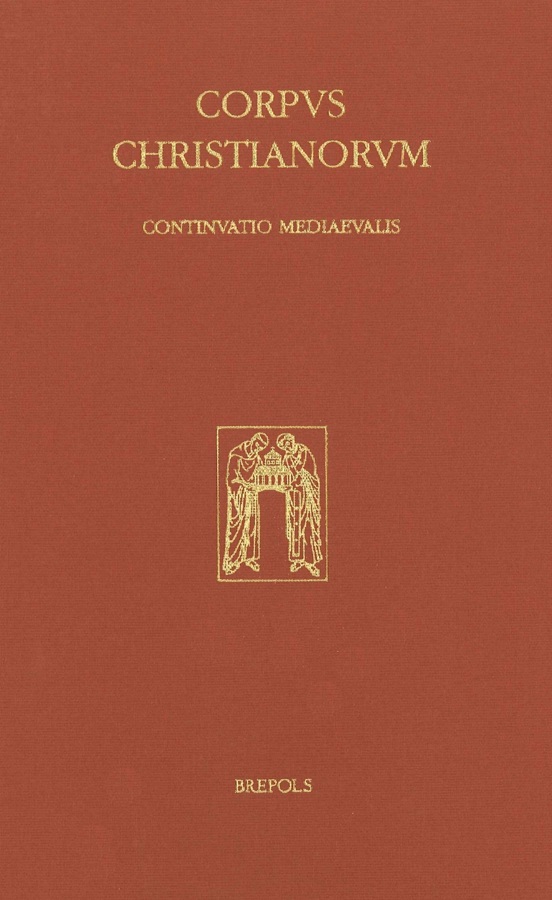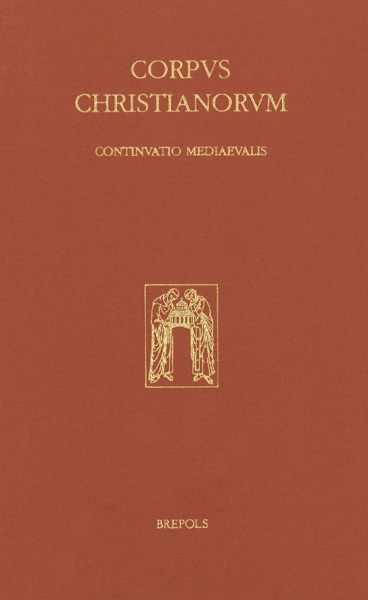
Martianus Capella, Anonymus
Glossae aeui Carolini in libros I-II Martiani Capellae De nuptiis Philologiae et Mercurii
Sinéad O'Sullivan (ed)
- Pages: 472 p.
- Size:155 x 245 mm
- Language(s):Latin, English
- Publication Year:2010
- € 335,00 EXCL. VAT RETAIL PRICE
- ISBN: 978-2-503-53453-4
- Hardback
- Available
"This edition is most welcome, and O'Sullivan's full collation of fourteen glossed manuscripts (...) proves a remarkable editorial feat of astonishing complexity." (Andrew Hicks, in The Journal of Medieval Latin, Volume 22 (2012), p. 321-326)
"By uncovering these glosses from between the lines and in the margins of manuscripts and presenting them in a meticulous and eminently useful edition, O'Sullivan has opened exciting, new perspectives on Carolingian scholarship and intellectual curiosity." (John J. Contreni, in: The Medieval Review, December 2014, [14.12.02])
This edition presents a comprehensive view of the oldest gloss tradition on books I-II of Martianus Capella’s De nuptiis Philologiae et Mercurii, a key text for Carolingian scholars. It furnishes descriptions of all extant manuscripts transmitting these glosses and outlines their stemmatic relationship. The relevant centres of glossing activity are indicated. The glosses are accompanied by an apparatus of variants both to text and gloss as well as by a source apparatus and traditio textus to the glosses. The edition of glosses is organized by lemma and in categories according to the nature of the content. Additions of second and third hands are noted. The comprehensiveness made possible by thorough examination of all extant manuscripts brings into focus the layering of annotations over time, the close cooperation between scribes, the presence of a ‘core’ corpus of annotations and the range and variety of material across the tradition. More generally, the glosses provide insight into how Martianus was read and understood in the ninth and tenth centuries. Martianus’ rich blend of astral religion, classical mythology and pagan tradition had an enormous impact on Carolingian commentators. The earliest tradition of glossing on De nuptiis thus supplements our knowledge of how pagan culture was received in the early medieval West, raising important questions about the nature of this reception.





